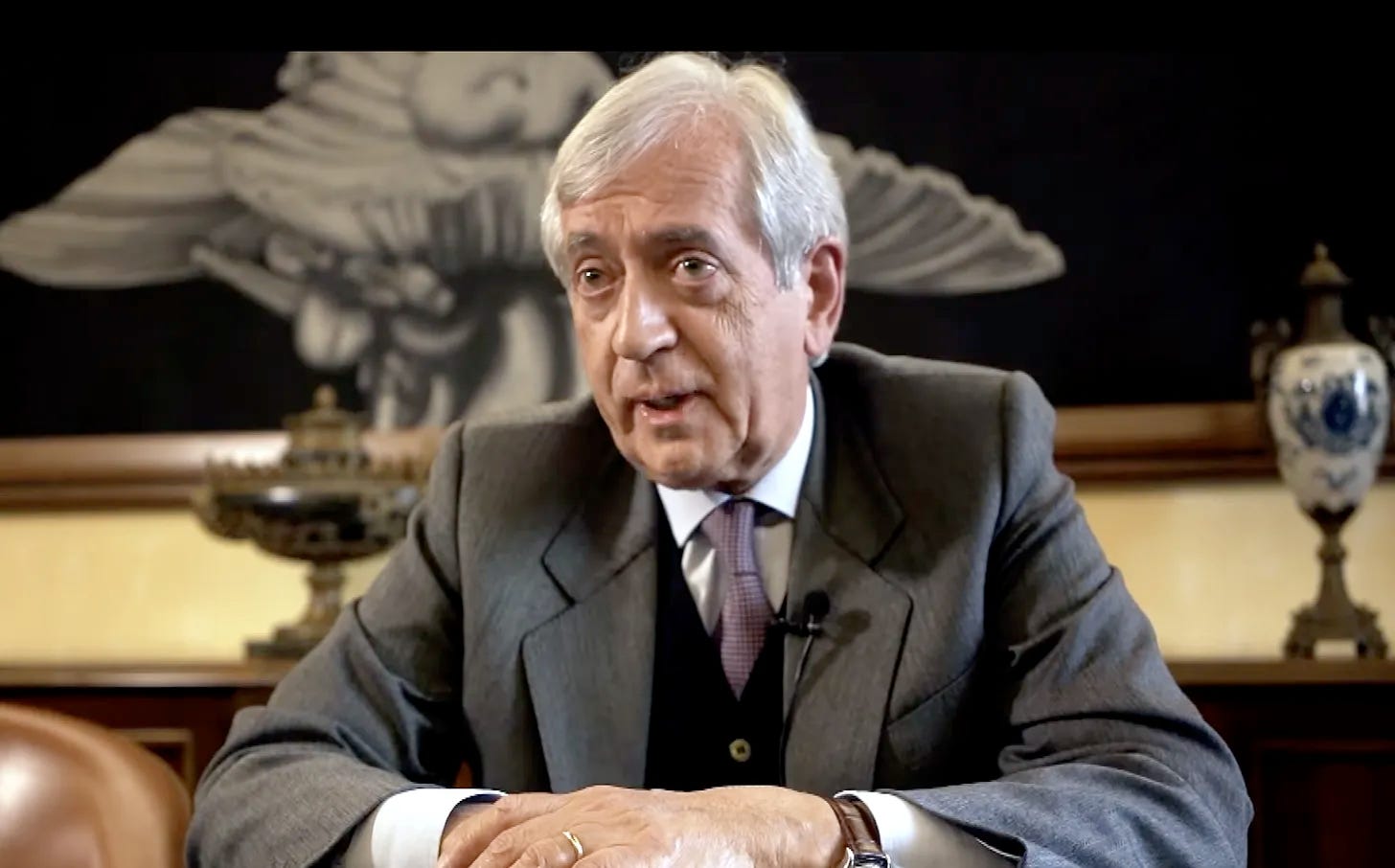Why the Vatican hasn’t settled with Libero Milone
However embarrassing the former auditor's lawsuit may be, it might be seen as better than the alternatives — at least for some people
The Holy See’s former auditor general was back in Vatican City court Wednesday, for the preliminary appeal hearing of his lawsuit against the Secretariat of State.
Libero Milone is suing for wrongful dismissal and damages over his 2017 ousting, in which he was forced to resign under threat of prosecution by then-sostituto at the sec…

